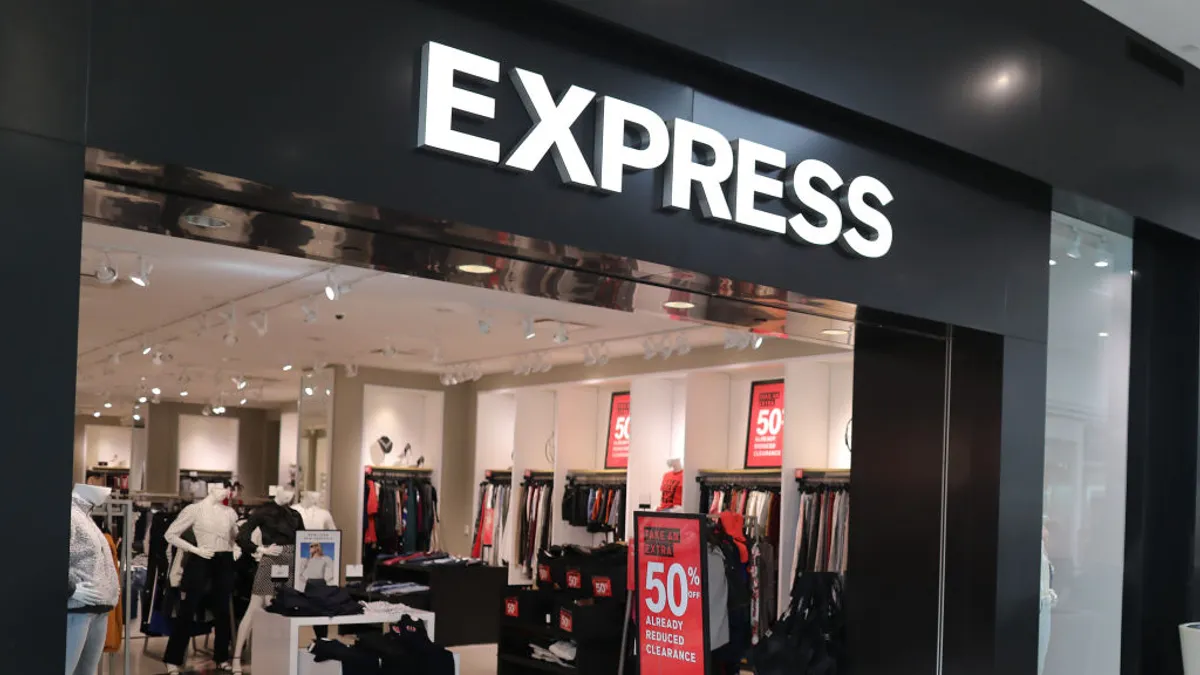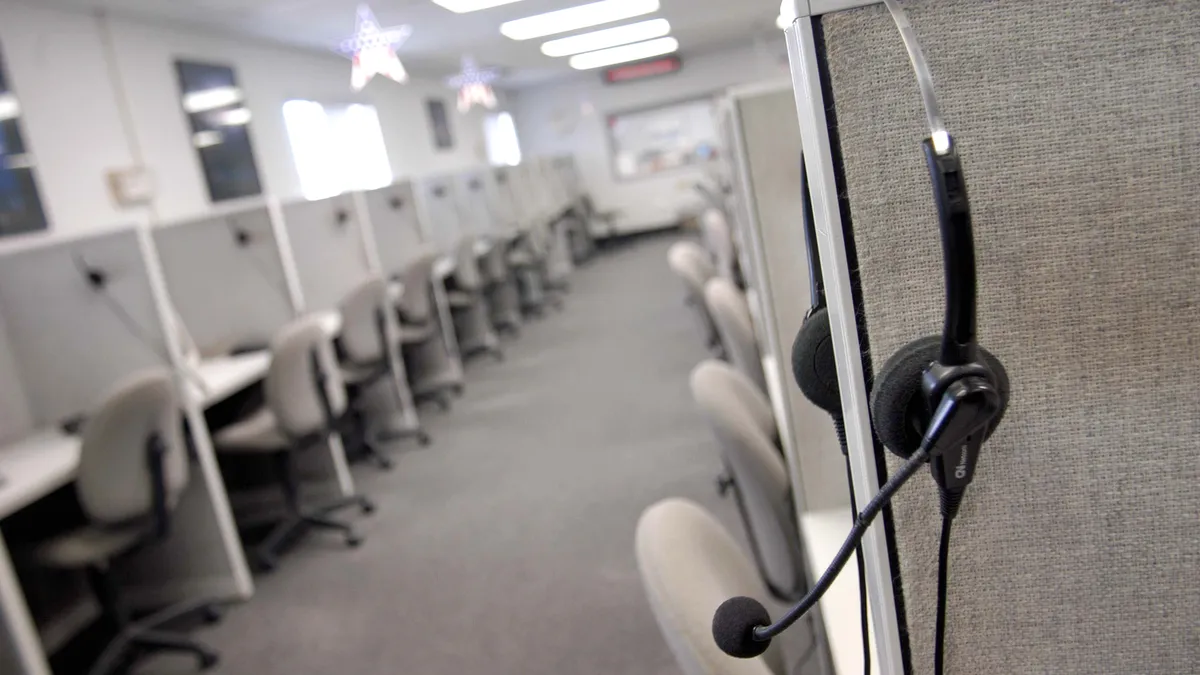Even before the pandemic, there were indications that Express needed to adjust its organizational strategy.
2019 saw the apparel retailer included on a shortlist of employers facing an increased risk of bankruptcy, according to Retail Dive. In January 2020, the company slashed its corporate workforce by 10% and announced plans to close some 100 stores through 2022, but it also articulated a four-point plan under the title of “EXPRESSway Forward.” The plan, led by CEO Tim Baxter, sought to reshape the company’s image as a traditional, mall-based retailer to a more modern multichannel brand.
Meanwhile, Express’ HR team had been undergoing its own transformation, starting at the top: Senior VP and CHRO Mike Reese was hired in April 2020.
Reese, a 20-year veteran of the space with stops at Hilton Grand Vacations and Starbucks, oversaw the introduction of a flexible work model at the company. “Flex@Express,” as the company’s flexibility initiative came to be known, sought to give corporate employees the chance to create work arrangements that balanced their personal and professional commitments.
In an interview with HR Dive, Reese said Flex@Express is intended to parallel the retailer’s broader brand modernization efforts.
“We thought it was important to really transform the experience for associates across the company,” he said. “We built out a multiyear road map to achieve that, and it's really centered around, from my perspective, when, where and how work gets done across the business. We focus on empowering our leaders and associates to provide greater flexibility and then balancing all the work and the transformation along the way.”
Reese said he and his team want to empower leaders and employees to have a consistent dialogue around work. The company made note of the fact that flexibility is often not a one-size-fits-all subject, Reese added, and that workers’ needs are often unique to their individual situations.
“Flexibility plus empowerment really leads to trust,” Reese said. “And the most important relationship that an employee has with their leader is centered around trust. We use that combination to really build out Flex@Express.”
Still, the implementation of flexible work options has led to other wrinkles for HR teams to solve — namely, organizational culture may struggle to keep up with the pace of change to the way work gets done. In HR Dive’s 2022 Identity of HR Survey, more than 60% of respondents who offered hybrid or remote work said that culture was a challenge in the post-pandemic era.
Asked how Express has managed such challenges, Reese said the company started with clarity at its senior-most levels, focusing on making sure leaders were aligned with employees in terms of organizational goals and objectives regardless of how their work gets done. He added that Express sought to create an environment where dialogue between these two camps is ongoing and “at the forefront,” with a focus on clarity.
“[It’s] having really clear expectations around the goal setting, ongoing dialogue between leaders and associates [and] how they're tracking against those goals” Reese said. “That clarity really brings things into focus so associates know clearly where they're at and provides the opportunity for our associates to truly feel supported. Consistent dialogue puts everyone in a place of comfort to truly take advantage of Flex@Express and all this program has to offer.”
Express has added onto its flexibility initiatives with additional offerings, such as flex paid time off for salaried corporate employees. Reese said the flex PTO is “simply put, all about taking the time that you need when you need it,” adding that “there’s no banks, balances or accruals. Rather, they can take the time that they need in alignment with their manager.”
The company also experimented with a framework called “Work from Away,” a period of three consecutive weeks in which Express closed its corporate offices and allowed employees to work virtually from “anywhere in the world,” according to Reese. Express first experimented with the concept last July and, seeing overwhelmingly positive feedback in response, is eying a repeat, Reese said.
For nonexempt associates, Reese said Express added two additional flex days that allow them to take time off to celebrate any holidays not currently included in the company’s lineup.
These flexibility offerings are only available to corporate employees, Reese said, although the company is looking at what those employees need as well. “From the store’s perspective, we've been on a journey in terms of how we reimagine our store structure from leadership all the way down to continue to attract, develop and retain talent that can lead us into the future,” Reese said.
Elsewhere, Express has sought to update its business strategy in part by introducing more streamlined store concepts, including its Express Edit format, which features smaller stores and inventories located in city centers, Retail Dive reported last year. The changes have led to some positive financial results in recent months.
On the HR front, Reese said programs like Work from Away have been successful, in part, because they provide Express with access to talent pools that were previously unavailable to the brand. “Again, it's truly a competitive advantage for us, particularly in retail, to have this as an option,” he said. “Our associates continue to give us feedback that this is a differentiator.”
Asked how other HR organizations can navigate the cultural challenges that they may encounter when seeking to adopt flexible work, Reese returned to the concept of organizational alignment.
“The advice I would have for folks is really making sure that there's clarity on the front end in terms of what success looks like, and that there's a clear path with change management included to help leaders and associates assimilate their working in that model,” he said. “I think the important component of any organization transforming is ensuring that the culture and how work gets done via the HR function evolves [and] transforms in parallel to meet the future needs of the business.”





















